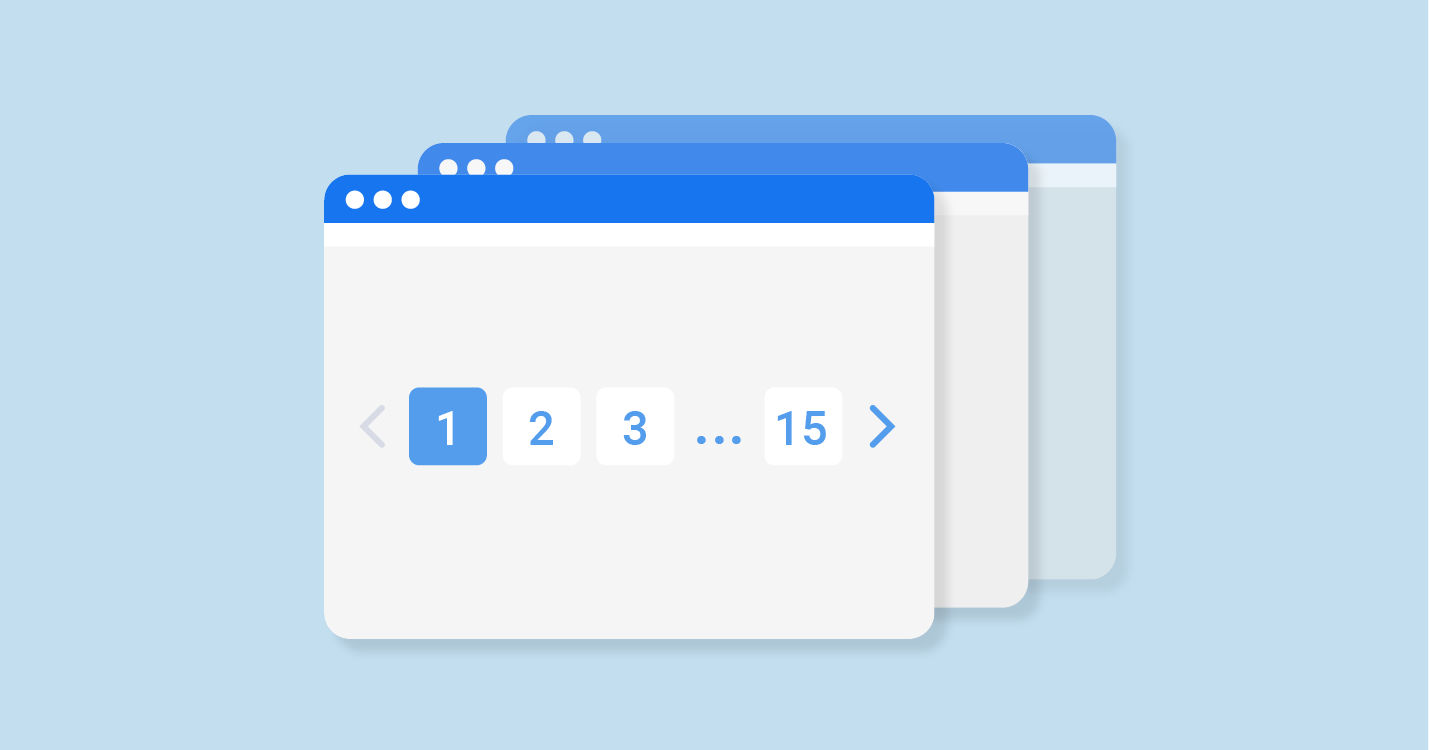Although some say there is a sweet spot to how many words an article should consist with on the internet, 
- Google and other search engines have more content to crawl, enabling them to understand more specifically what the content is about
- Longer content tends to be more informative than shorter content. If web users are staying on the content for longer, SEO will improve for that article
As much as there are some great benefits to longer content, it also has its drawbacks. Longer content can put people off reading it, if they feel it is going to take a long time to read. On top of this, the web page load time will increase with longer content, causing some web users to click off before it has finished loading, as the ‘impatient’ web user tends to do.
With this, pagination can be seen as an answer to this – to split the article into multiple web pages. Many websites adopt pagination for longer content. With this, here are the main benefits associated to the pagination/splitting up of content on a website.
More Pageviews
Since content is split into multiple pages (2+), to read the full article, the web user must go onto each of the paginated web pages. This means that for every visit, the number of pageviews per visit increases dramatically with pagination, yielding better statistics for the website’s traffic.
More Content Can Be Monetized
It is typical for websites that monetize through advertising to stick adverts above/below/in the middle/to the side of content. Once the web user scrolls past the advert, that is it – no more chance of monetizing the content if the web user has scrolled past the adverts.
This is why pagination can actually improve revenue. Forcing the web user to visit a second/third etc. page to continue reading the content means that the web user will have a second/third etc. opportunity to click onto adverts.
Makes Long Websites More Appealing to Read
We have all been there where we have landed onto an article where the side scroll bar hardly moves when you scroll down the article. As much as we like informative reads, we want it to be concise online. Long articles turn web users away from reading it all.
Pagination is a clever way of hiding just how long the content is. By splitting it up makes the article much more appealing to read, since the web user can usually manage reading the ‘chunks’ of the article on each pagination page.
Read the Section of Content You Want
It is common for pagination pages to be split based on the headings through the content. For example, if I was to paginate this article (which I wouldn’t as it is not long enough to do so), I would have a fresh new page for every heading. If the web use can see the headings and click onto them, they can choose to read the part of the article relevant to them, quickly and easy.




